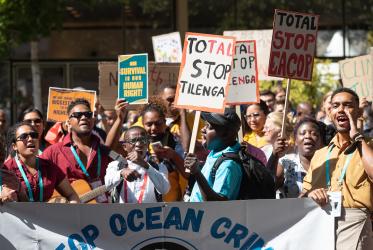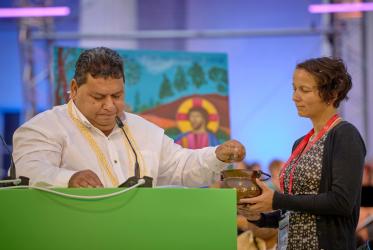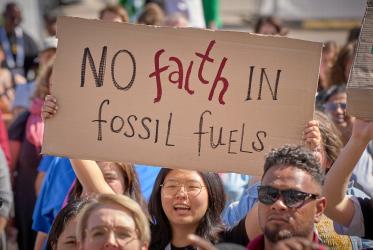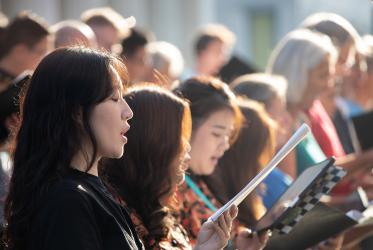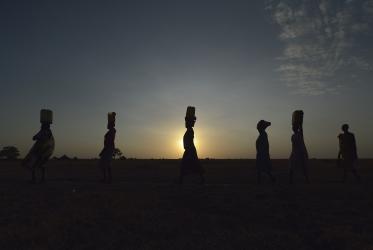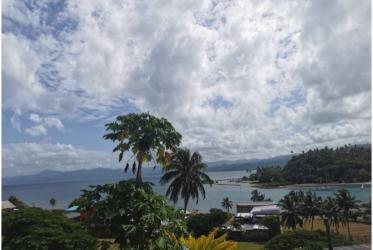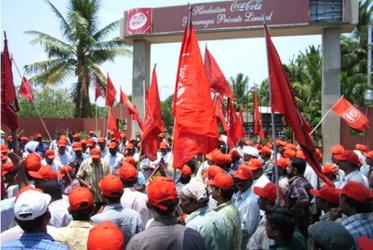Displaying 101 - 120 of 202
07 September 2022
Multifaith advocacy for the climate: Not really much time left
04 September 2022
Los jóvenes exigen justicia climática
04 September 2022
Youth demand climate justice
03 September 2022
El cuidado de la creación: décadas de promoción ecuménica
02 September 2022
God’s Creation is celebrated in a gathering of waters
01 September 2022
Care for Creation: Decades of ecumenical advocacy
01 September 2022
Water and justice at the WCC 11th Assembly
20 July 2022
Groundwater is “a political question”
27 April 2022
